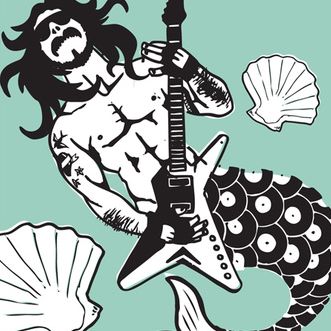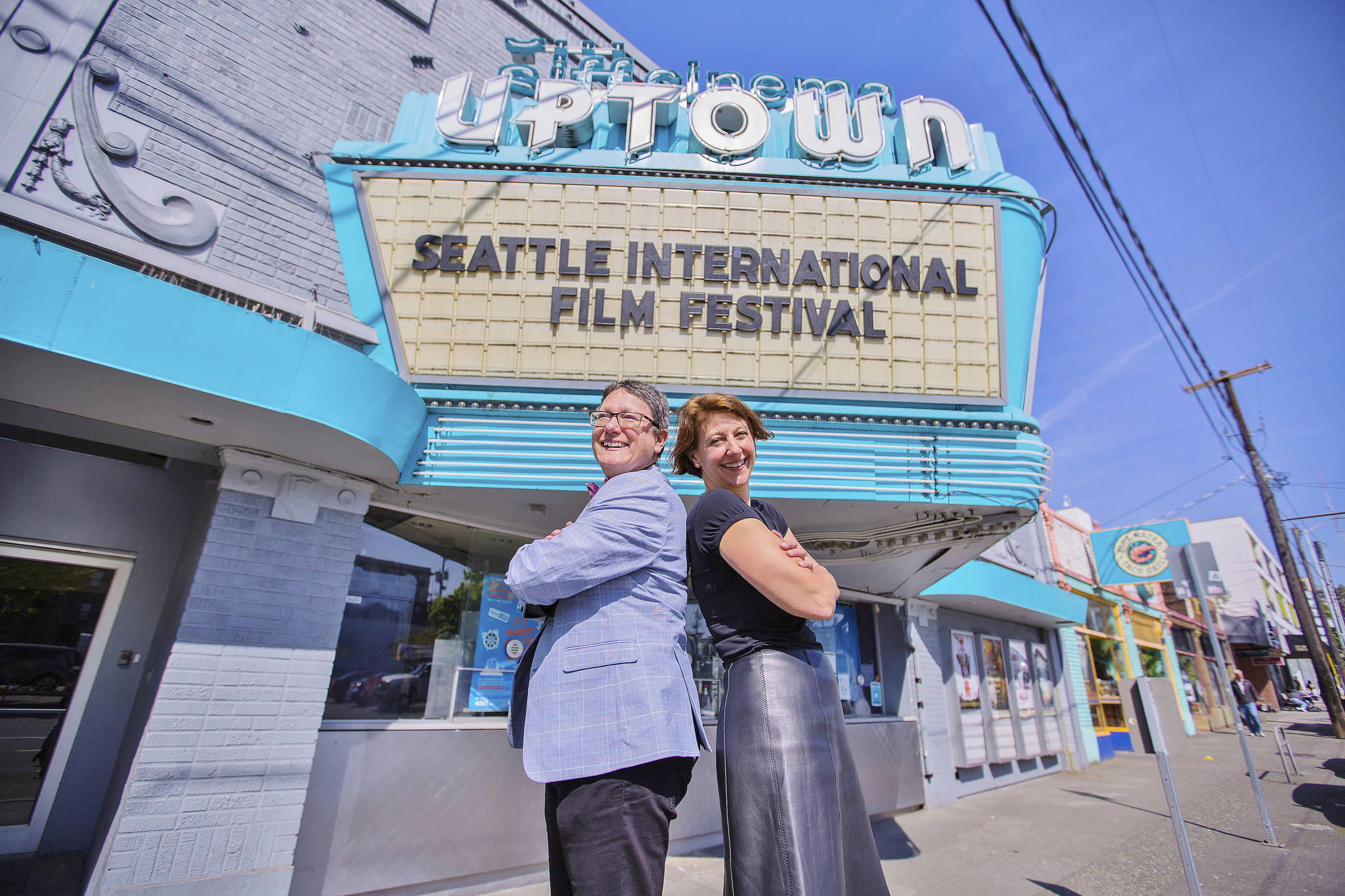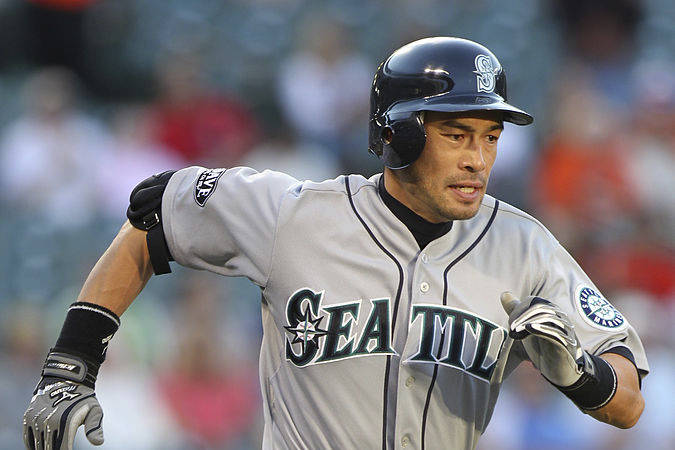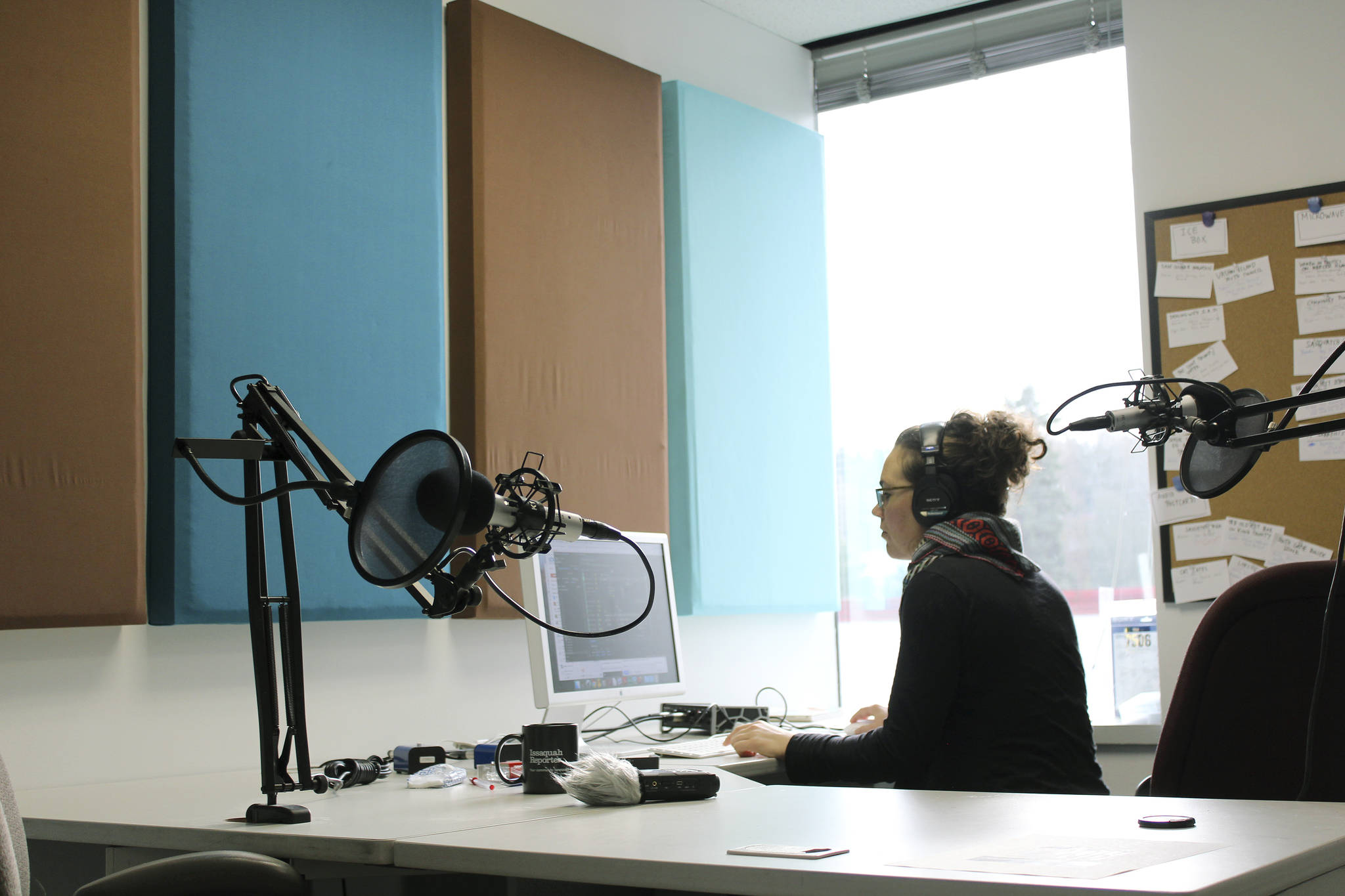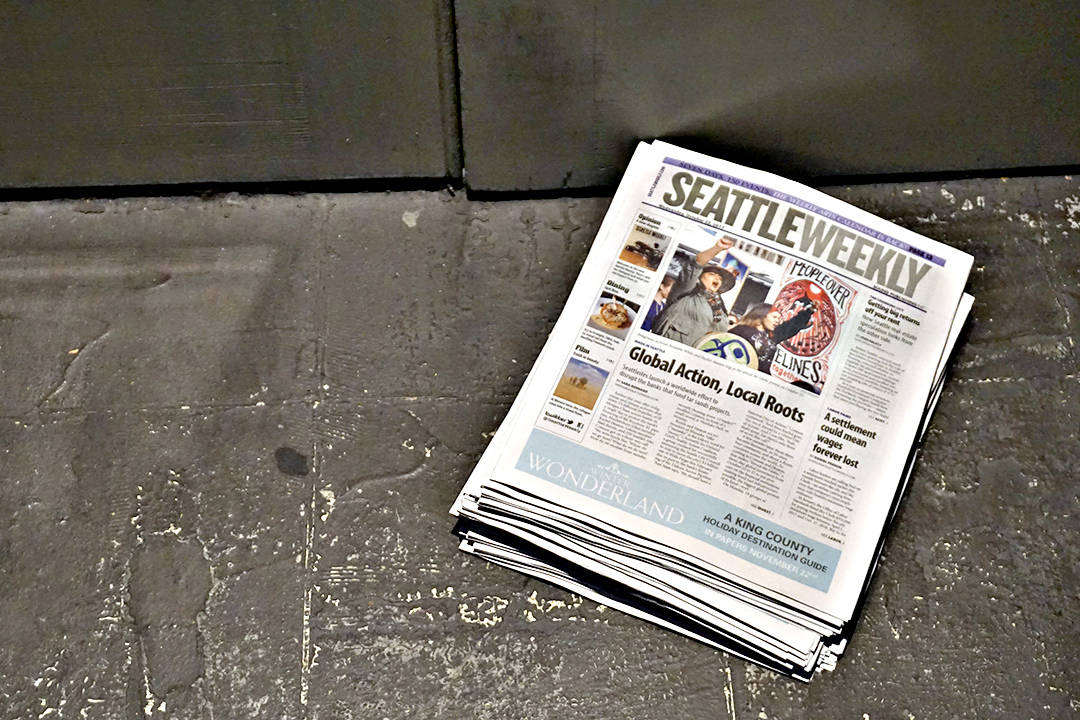Music festivals are difficult undertakings. I know this firsthand. As music editor at Willamette Week from 2003 to 2006 I lent a hand in building MusicfestNW from a fledgling club festival into a cornerstone of the Portland music scene. Later, as executive editor of City Arts magazine, I helped give life to City Arts Festival, an annual music and arts festival that populated clubs, theaters and galleries throughout the city of Seattle for three Octobers before quietly calling it quits earlier this year. While their ends differ, the aims of both of those festivals were essentially the same: celebrate the businesses that support live performance (and other arts), showcase the cities’ talented artists and earn some credibility and notoriety for the publication. If we could make a little money, that was good too, but it was definitely not always the case.
When I assumed the editorship of Seattle Weekly this past March I viewed Reverb Festival, the paper’s annual local music celebration, as an opportunity to leverage my experience and make Seattle Weekly an even stronger advocate of local music. I was excited to get started. As we began planning the one-day event, I generated a list of bands I wanted to see play. Attendance had been down the past couple years, so I began working with festival booker Kwab Copeland and our marketing staff to develop new programming that would attract more people to the Ballard clubs that took part in the festival to hear all of the great music our city is making. I commissioned an artist I adore to do the identity work; he delivered a logo I loved and one that you would have loved as well. But you won’t get the chance, because earlier today the management at Seattle Weekly decided to cancel this year’s festival, originally slated for early October. The decision was unanimous and included a vote from me.
The reason for my decision was the same as that of everyone else at the table. One of the many things I learned at both Willamette Week and City Arts is that, while putting on a festival can be great for both the community it serves and for the publication developing it, annual events like this can also be harmful to both. If the festival loses money consistently, it threatens the publication. A publication can endure the bleeding for some time, but when a pattern of declining ticket sales becomes apparent, a choice must be made. Try harder, or try something different. Unfortunately tickets sales for Reverb have been flagging over the past few years. Even last year, when the October sun was uncharacteristically shining brightly overhead and the lineup was solid, the festival found itself in the red. Likewise, sponsorships had become more and more difficult to secure in an increasingly crowded field of festivals.
I can’t say it would have been impossible to turn those numbers around. We were hopeful, but as became clear in recent weeks, it would have taken tremendous effort and resources (as well as an agreeable forecast) to continue entertaining that hope. After wrestling with the options before me, I came to the conclusion that all of that effort and those resources could be better spent improving on our primary mission: To produce a vibrant publication that tells thoughtful stories about this city, giving voice to the people, leaders and artists that call it home. So, with apologies to the Ballard community, the musicians, the volunteers, the club owners and the staff who have made Reverb Festival possible, that’s what we’re going to do.
And in the meantime, because I can’t help but dream up new ways to showcase the talented musicians I am lucky enough to encounter in this job, we will be trying some new things. The festival might be gone, but my commitment, and the commitment of Seattle Weekly to the music community will never end.
mbaumgarten@seattleweekly.com
